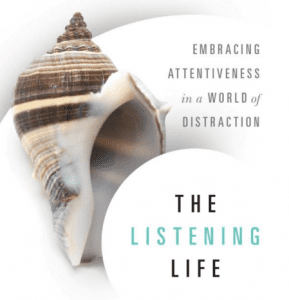It’s Friday. On Friday evenings many of us will “go out” — with a spouse, with a friend, with friends — but go out. But some will not.
 Some will be alone. Some want to be alone. Some don’t.
Some will be alone. Some want to be alone. Some don’t.
While going out with a spouse or friends can mask it, and while those who are home alone may well be content — together or alone, many today will experience loneliness.
Perhaps it’s a downer topic for you but loneliness is a powerful experience, the power of one is what Anette Ejsing calls it in her fine, readable and theological book: The Power of One: Theological Reflections on Loneliness.
What have you learned about loneliness? What has been helpful to those who experience loneliness? What has not been helpful?
Anette was a professor at Augustana; she’s now in Copenhagen. This book deserves to be read by thoughtful people who experience loneliness and who, if I may, “enjoy” thinking about, into and through loneliness.
Anette is single; she lived in the USA for a dozen or so years as a foreigner; and her romantic and social loneliness exacerbated — and led her deeper and through — a spiritual loneliness.
I found this book’s reflection on romantic loneliness, social loneliness and spiritual loneliness to be profound and personal and reflective and existential and theological. There’s a Kierkegaardian probing here, but this is no Anne Lamott who divulges private experiences. There’s an exceptional discreetness and an admirable indirection. But it’s a fierce book because it doesn’t stop and digs right in and keeps on digging.
She probes all three forms of loneliness from the angle of what God’s good news can do to help — and not necessarily help. Marriages are not designed to resolve romantic loneliness but to empower the person to experience unity in order to find one’s self; social loneliness can be experienced in the fellowship of the Spirit in the church but the church can help heal social loneliness; and spiritual loneliness — Christ came to heal that loneliness but sometimes we don’t find it but other times we do. Anette’s study is thoroughly Trinitarian.
This is not “how do I solve my problems?” book but instead a series of accessible and clear-headed reflections on how loneliness takes us into the heart of suffering and the cross and into the joy of God in our healing. There is, she says, a privilege in the lonely. It there that we find the power of one.
If you suffer with loneliness, this book may not resolve your problem but it will give you a companion for your journey and someone who will show you that you can live into loneliness — with faith and joy.











